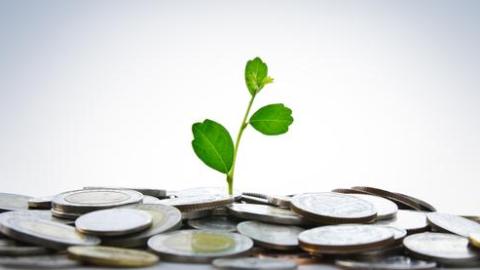Set to Receive $16 Billion, Is the Afghan Economy Aid-Dependent?

What’s the Latest Development?
At a meeting in Tokyo over the weekend, about 70 nations pledged to give Afghanistan an additional $16 billion in foreign aid, but questions linger about the effectiveness of such help: “Despite the improvements foreign aid has brought to Afghanistan, it’s also managed to place the economy in a perilous position where it is dependent on aid for its existence. Presently 90 percent of the Afghan government’s budget depends on foreign aid and money from the international donor community and military spending makes up about 97 percent of the country’s GDP.”
What’s the Big Idea?
For years, Afghans employed in non-governmental organizations received wages above the market average, but when foreign aid dollars dry up, so to do employment opportunities. What has been lacking in reconstruction efforts is an emphasis on creating a self-sustaining economy with a reliable infrastructure. Ensuring that businesses have ready access to electricity is an essential first step. “Billions of dollars have been spent in Afghanistan, but what have we gotten as a benefit?” says Mohammad Kabir Darwaish, an independent economic analyst in Kandahar. “We spent all this money, but the main thing that can support our economy is electricity and it has not been built.”
Photo credit: Shutterstock.com




